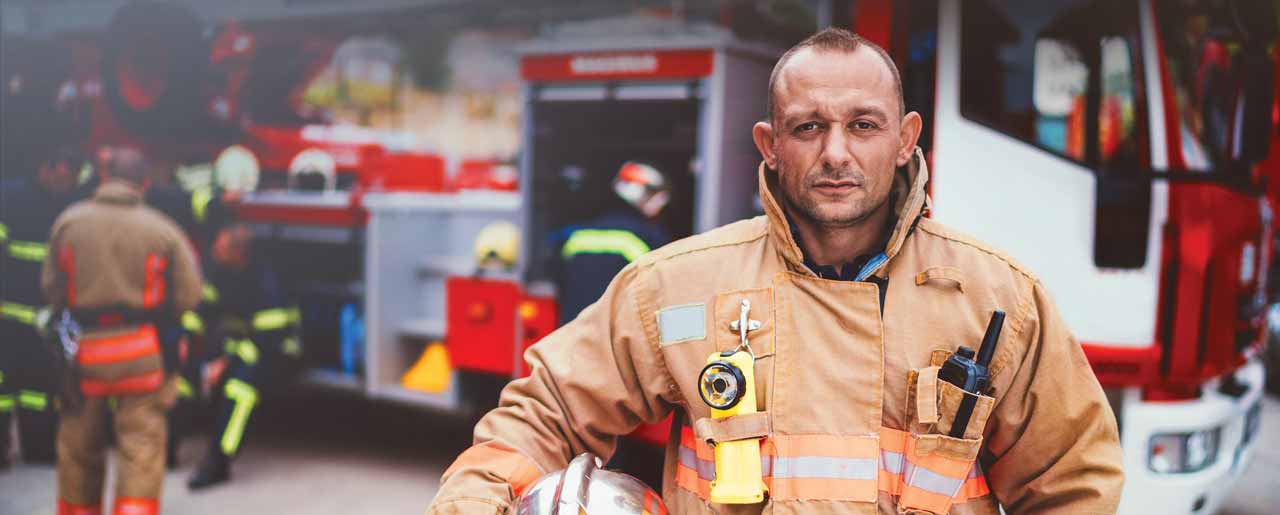Iris Perlstein, LCADC, LPC, ATR-BC, Trauma Specialist for First Responder Treatment Services at Penn Medicine Princeton House, sees time and again how difficult it is for first responders to retell and process horrific work experiences. But when this “echo of trauma” is not dealt with, it can lead to anger, anxiety, depression, addiction, a disconnect from relationships, a loss of self, and other adverse effects.
“As behavioral health professionals, we may experience compassion fatigue or vicarious trauma from repeatedly hearing about trauma experiences from our patients,” says Perlstein. “For first responders, it is more all-encompassing, because it integrates all of their senses. They see, hear, and even smell trauma on an ongoing basis, and it stays with them longer on a deeper, more visceral level.”
Compounding the issue is the inner voice of those who serve and protect society, which may be whispering, “Asking for help could be viewed as weakness.”
Tips for Approaching Treatment
Based on these issues, the pacing of treatment is especially important for first responders, according to Perlstein. She offers the following tips for behavioral
health professionals who treat first responders:
- Instead of immediately delving into traumatic experiences, it can be beneficial to start with the related symptoms, which may range from feelings of numbness to nightmares and panic attacks.
- Because the body holds trauma memories, expressive therapies like art therapy can release stored body memories. In the book The Body Keeps the Score, author Bessel van der Kolk, MD postulates that verbal therapies relying only on language are less relevant. The power of symbols to evoke images for healing is a common element of all creative therapies.
- Listening and bearing witness are critical when treating first responders.
- First responders benefit from education about the impact of trauma and the knowledge that it is possible to heal despite what they’ve experienced.
When more intensive treatment is needed, First Responder Treatment Services at Princeton House offers customized inpatient care for law enforcement officers, firefighters, military personnel, EMTs, and other first responders who are dealing with behavioral health and substance use disorders.
“When we help first responders acknowledge trauma and understand it, we can facilitate positive change,” says Perlstein. “In turn, healing can replace hopelessness.”
A Focus on EMS PersonnelPerlstein shared her perspectives on how psychological trauma impacts Emergency Medical Services (EMS) personnel at the National Conference on EMS held in Atlantic City from November 14 to 16, 2019. Her presentation, “Secrets and Silence: The Aftereffects of Trauma,” was designed to help EMS personnel understand the consequences of repeated exposure to trauma and when to seek assistance. |
For more information about First Responder Treatment Services, visit princetonhouse.org/firstresponder or call 609.497.3355.
Article as seen in the Winter 2020 issue of Princeton House Behavioral Health Today.



